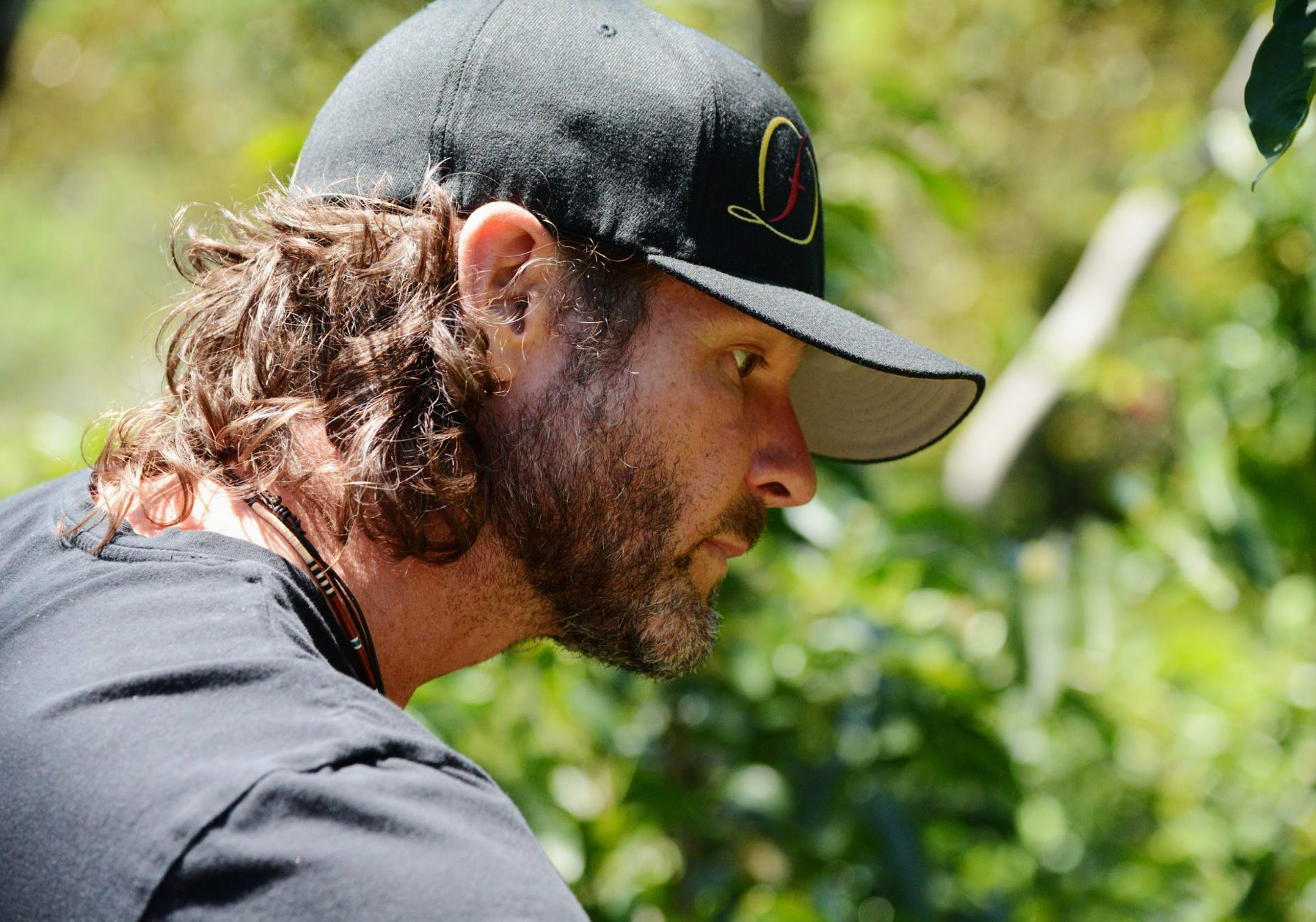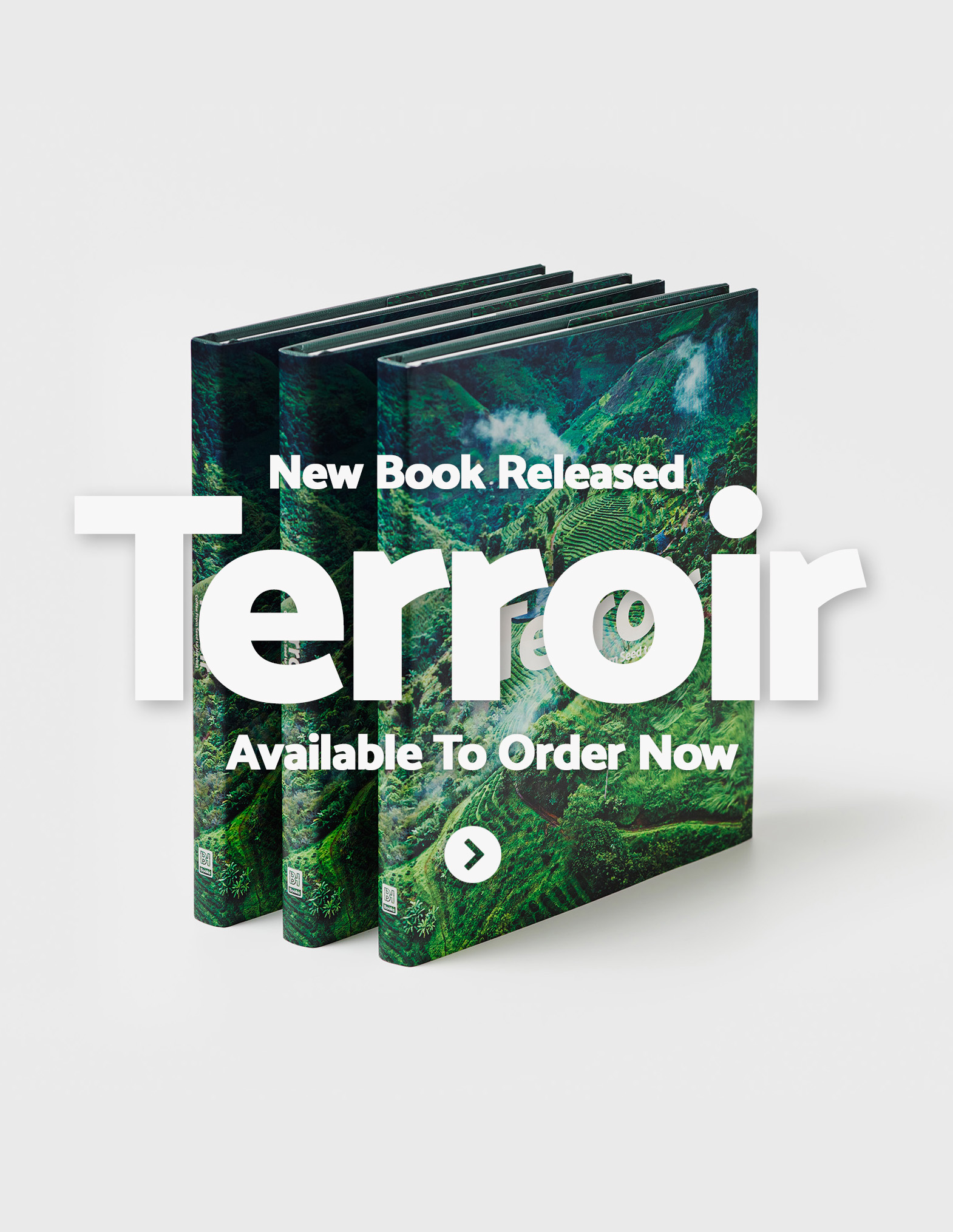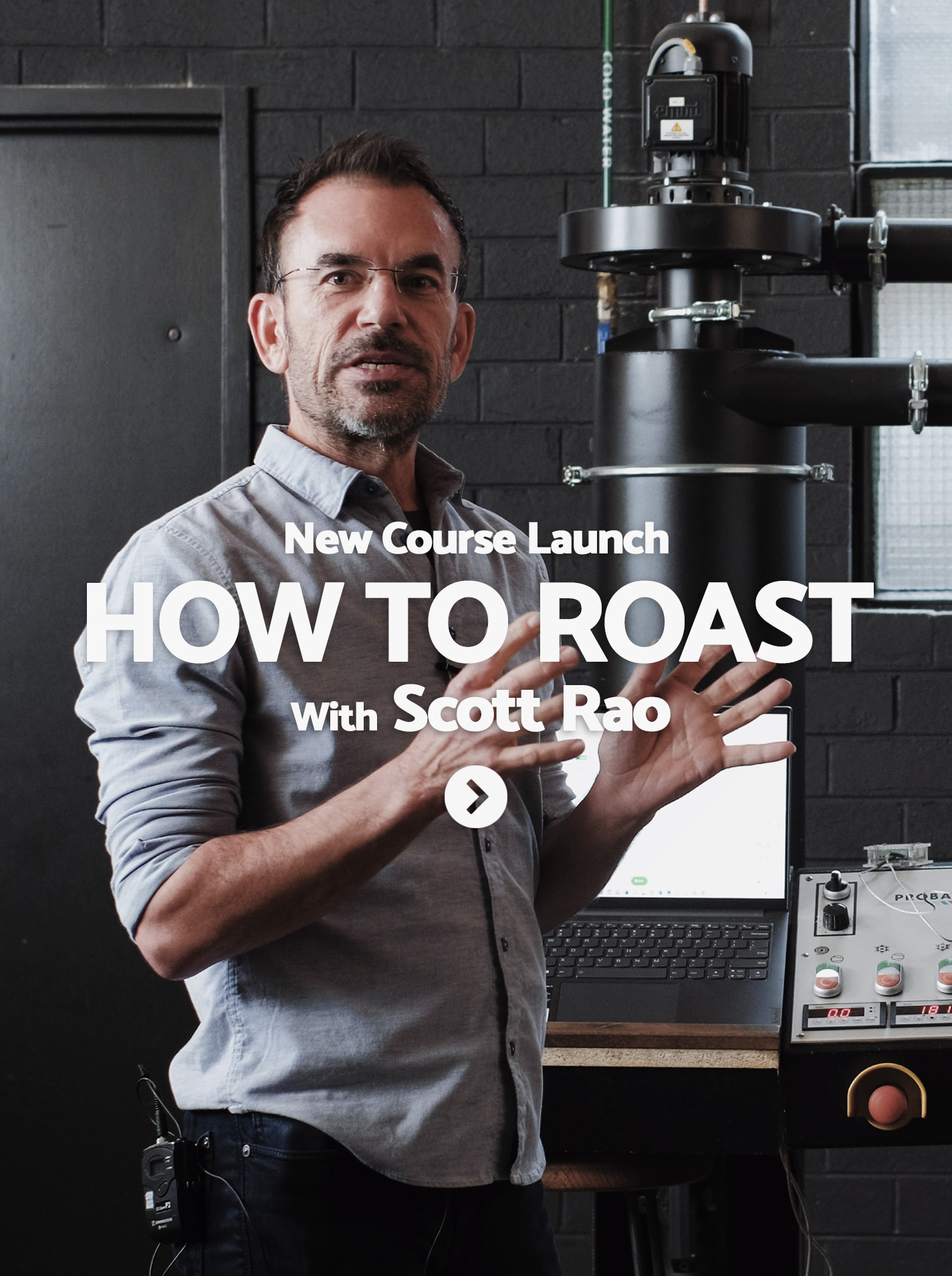To find out if long fermentation is just something you do to compensate for deficiencies in your coffee, we figured, why not ask a coffee farm that is practically perfect? Possibly the most successful proponents of experimental fermentation techniques, Jamison and Lesley Savage from Finca Deborah in Panama handle some of the most sought-after coffees on the planet. Their customers have such faith in their products that Finca Deborah’s entire 2022 harvest was presold before a single coffee cherry had reddened on the tree.
Jem Challender: Have you experimented with any super-long fermentation times at Finca Deborah? I guess the beginning of super-long might be 100 hours+. Ridiculously long might be 200 hours. Beyond that, ludicrous speed.
Jamison Savage: Absolutely. I’ve run the clock out, literally, on some experiments, trying to determine where the precipice might be. Once a baseline is set, future experiments can be built on this important parameter. My intention as a producer of fine coffees is to highlight our terroir and variety through creative composition, not get lost in process and overshadow the inherent beauty in our coffees. It’s a very delicate balance and a ‘less is more’ stance is justified, more often than not, when working with beautiful coffee.
Fermentation results can vary greatly, depending on many variables. I’ll name just a few that can have immense impact on final outcomes; temperature (both internal and ambient), gas infusion/frequency, adulteration/inoculation, altitude, water quality, existing yeast, and microbial activity. A simple example would be ambient temperatures above 25℃, no initial C02, just tanked [cherries]. One hundred hours may seem like an eternity under this scenario and one could expect an aggressive fermentation cycle. Conversely, in lower temperatures, with frequent infusions, one could extend fermentation duration and expect a more gradual cycle with less fermentation activity.
JC: As we discuss in this post on the BH blog, Nikolai Fürst’s attempts to transfer the same techniques used on Omar Arango’s Finca San Luis to other farms were not always successful. Do you have any theories about what makes the process more viable at Omar’s farm?
JS: This dovetails nicely with the above commentary. Our natural world is very complex. One can expect radically different fermentation results from farm to farm, even if the farms are in similar terroir and the same region. We, as producers, are just beginning this exciting journey in fermentation, and there is much more to learn. It’s wonderful to see Barista Hustle and others so engaged on the subject. As a pioneer in the alternative processing space, the advances I’ve seen in the last few years globally and the number of producers willing to experiment have skyrocketed. Although many of these experiments fail and can be costly, we’re all learning together, attempting to make coffee better.
JC: What’s your opinion of the flavour of long-fermentation coffees? Given how stellar your coffees taste already, are you curious to attempt any ultra-long fermentation methods, or is it more risky than you consider worthwhile, given that your coffees already taste great with your existing processes?
JS: It absolutely depends on the quality of the underlying coffee. I’m a washed coffee drinker, so I’m generally inclined to less fermentation in my cup. That isn’t to say I don’t enjoy a well-balanced, extended-duration, natural. SYMBIOSIS is our Finca Deborah deeply extended anaerobic natural Geisha. This is an extraordinary cup and on the edge of tolerance for me when it comes to fermentation, but it captures progressive fermentation while balancing terroir and variety. Again, it would be a betrayal to eclipse Deborah’s natural gifts.




0 Comments